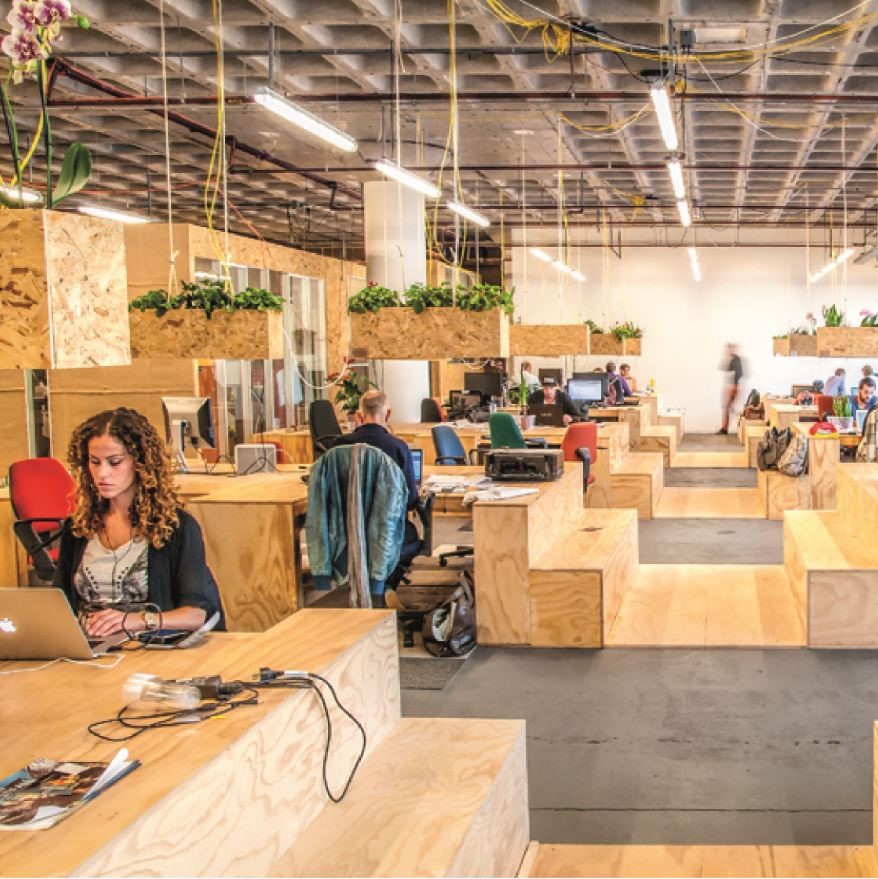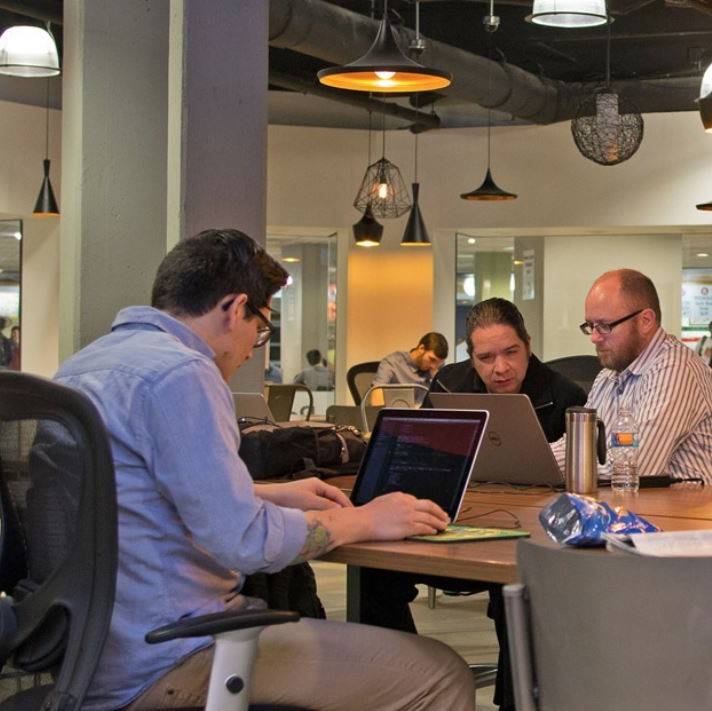October 1, 2019
Tech skills now more important than maths and science say business leaders
 More than two-thirds (68 percent) of British businesses think that acquiring tech skills such as coding trumps the importance of more classic subjects such as maths and science. The research, from tech job board CWJobs, also claims that 71 percent of businesses urge candidates to learn tech specialisms in order to futureproof their careers. Active jobseekers should take note of skills that can push them to the top of the hiring list, with eight out of 10 (80 percent) business leaders revealing candidates having a tech specialism is an important factor in their future hiring decisions across any job sector. (more…)
More than two-thirds (68 percent) of British businesses think that acquiring tech skills such as coding trumps the importance of more classic subjects such as maths and science. The research, from tech job board CWJobs, also claims that 71 percent of businesses urge candidates to learn tech specialisms in order to futureproof their careers. Active jobseekers should take note of skills that can push them to the top of the hiring list, with eight out of 10 (80 percent) business leaders revealing candidates having a tech specialism is an important factor in their future hiring decisions across any job sector. (more…)


































September 26, 2019
The office of the future should be circular
by Phil Oram • Comment, Environment, Workplace design